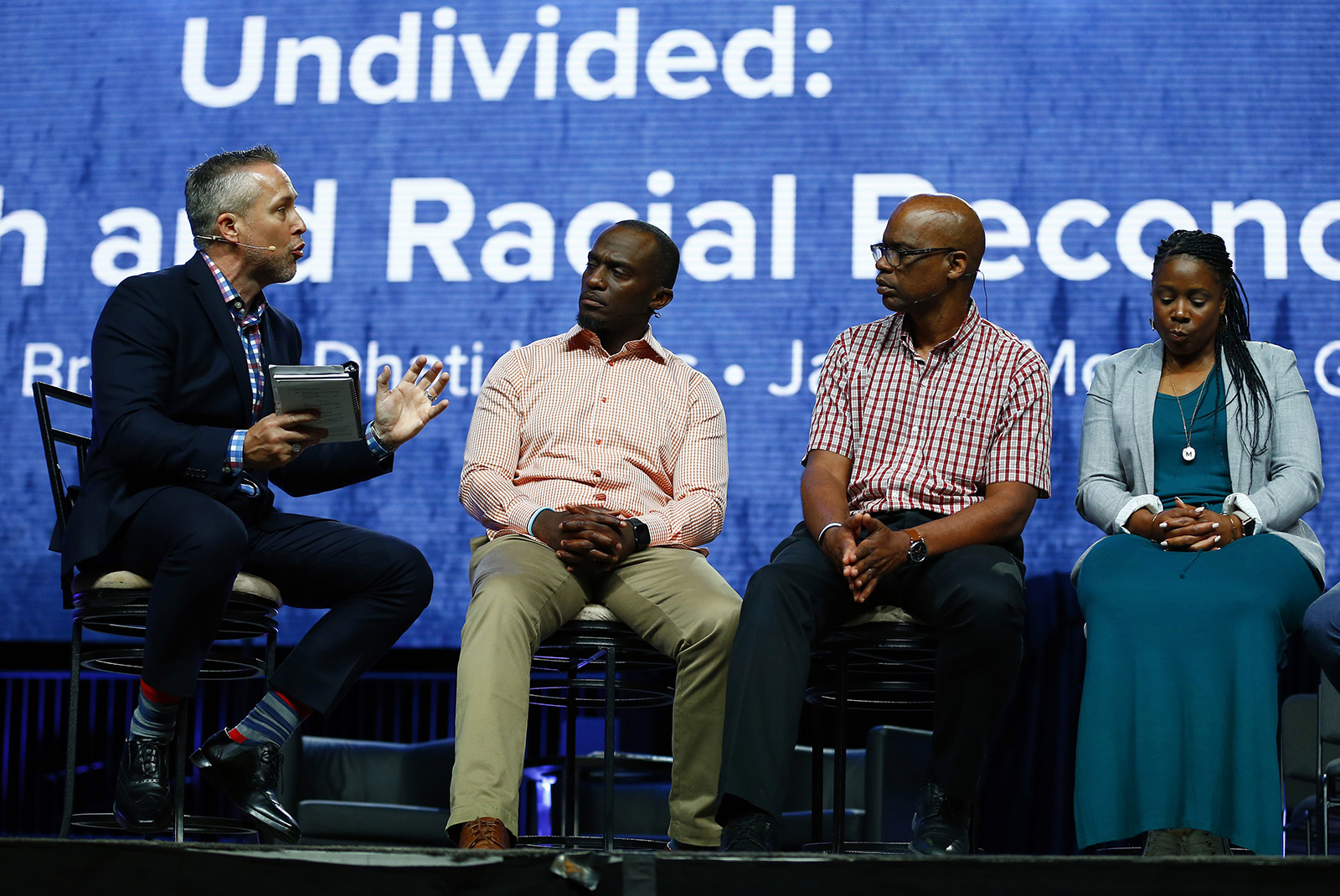 Photo Credit: Alpha Coders
Photo Credit: Alpha Coders
Don’t be put off by an unusual phrase. Moral suasion.

 Photo Credit: YouTube, What Does That Mean?
Photo Credit: YouTube, What Does That Mean?
We find ourselves in a cultural climate of power dictating more than it should. “Should”…well…who am I to judge, but I’m still saying it. For sustained change to happen, we are meant to wrestle together in the arena of conversations within community. This is where real and lasting influence lies.
We can take hope in that.
The phrase “moral suasion” is new to me. I discovered it in a piece by George Yancey entitled Breaking Up Fights and Race Relations. He defines it as:
“Moral suasion is when we convince people to do what we see as a moral good because they see that moral good as good…Moral suasion is best done working with someone to do the right thing instead of forcing that person to do what we want because of our power. Research has shown that the best way to engage in moral suasion is through relationships. In those relationships, we can build rapport, find areas of agreement, and clearly understand the other person’s perspectives. If we want people to change at the intrinsic level and not simply conform to pressure, then we should use the techniques of moral suasion instead of just overpowering that person.” – George Yancey
[Is there a difference between persuasion and suasion? In the simplest terms, they are considered the same, but I do sense a difference. Persuasion is more an action of influencing another party to come to your reasoning or way of thinking. Suasion, especially moral suasion, is more a consideration that two or more parties have a sense of rightness about an issue/subject but differ in their opinion. Moral suasion works through dialog to seek and hopefully find common ground – a way forward together to do a right thing.]
Yancey’s article appears just ahead of his latest book (March 2022) – Beyond Racial Division: A Unifying Alternative to Colorblindness and Antiracism. The publisher offers a brief summary of Dr. Yancey’s book: “an alternative approach to racial relations where all parties contribute and are mutually accountable to one another for societal well-being. He provides empirical rationale for how collaborative conversations in a mutual accountability model can reduce racial division. History and societal complexity mean that different participants may have different kinds of responsibility, but all are involved in seeking the common good for all to thrive.”
“There are times when power is necessary. But the temptation to use power to consistently solve our racial problems brings with it power struggles and the need to build up our own ability to force conformity. Different groups have contrasting ideas about what we should do. The temptation is to try to force others to accept the solutions we want to promote. But this power-driven approach is short-sighted and will not produce intrinsic changes. Those changes will not happen until we engage in moral suasion consistently rather than seeking power to force compliance.
That effort would be time-consuming. It is easier to just use power. Easier but not lasting…We must sit down with those with whom we disagree and try to understand their perspectives. We must seek out answers that meet their felt needs and show them respect. I find that few in the racial conversation want to do this. Until we are willing to have those conversations, we will continue to foster greater racial polarization in our society.”
It’s easier to just use power…but not so effectual.
Are you as tired as I am of the power plays in motion around us? …Not just regarding race relations, but in so many other areas of human experiences together. Life together.
Laws are laid out. Mandates put forward. Rules and regulations abound.
I miss conversations on the stuff of life. The stuff that matters most. That’s why I’m often one of the ones who raises their hand, offers a space, takes a corner of the table if given opportunity. Not to just say my piece but to hear yours.
 Photo Credit: Brainy Quote
Photo Credit: Brainy Quote
Today is the day in 2022 when we commemorate Martin Luther King, Jr.’s life and legacy. Certainly Dr. King was a man who exercised the great power of influence…not elected to a public office but commanding in his pursuit of a passion he believed possible.
We know him most from his speeches and some from his sermons. I wonder what his conversations were like. My hope is they were of moral suasion. In the last couple of years, we have gone through a huge transformation as a nation…to what end? Some change has come (for better and for worse). More positive, enduring change will come if we choose to reason together…across the lines that seemingly divide us but do not have to forever.
Photo Credit: AZ Quotes
Monday Morning Moment – a New Day – It’s Gonna Be OK – Deb Mills
20 Quotes About Faith From Martin Luther King, Jr. – Jennifer Graham




 Photo Credit:
Photo Credit: 






 Photo Credit:
Photo Credit: 